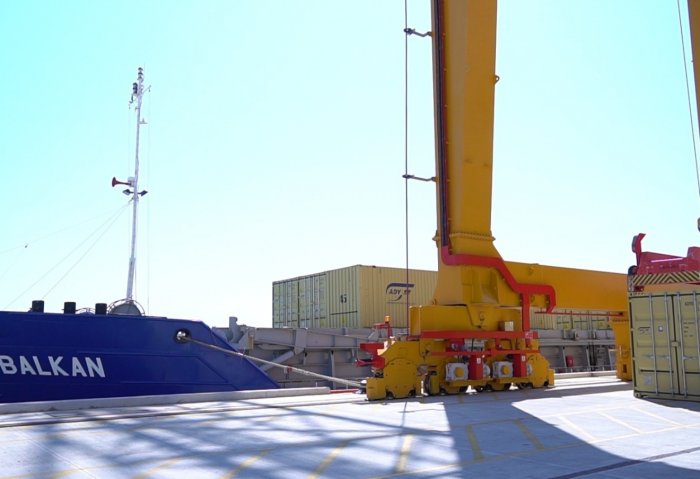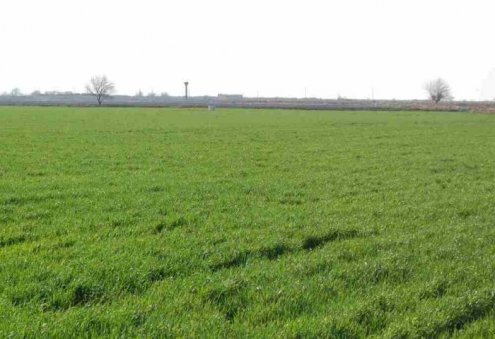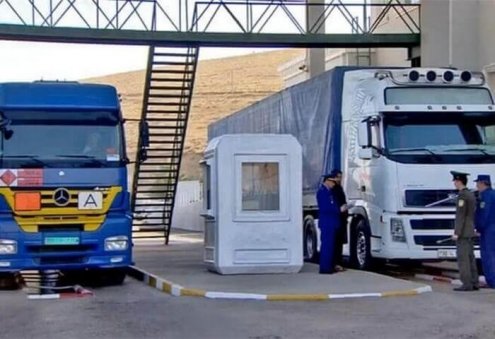Incoterms 2020 consist of 11 three-letter trading terms. The rules are classified according to the fees, risk, responsibility for formalities, as well as issues related to import and export.
C rules: where the seller arranges and pays for carriage to a named place, which indicates the destination of the goods.
D rules: where the seller arranges and pays for carriage to a named place, which indicates the destination of the goods and the place of delivery.
F rules: where the buyer pays for and usually arranges carriage.
E rules: where the seller delivers to the buyer from the seller’s premises.
Rules for any mode or modes of transport:
EXW (Ex Works): The Seller’s only responsibility is to make the goods available at the Seller’s premises. The Buyer bears full costs and risks of moving the goods from there to destination.
FCA (Free Carrier): The Seller delivers the goods, cleared for export, to the carrier selected by the Buyer. The Seller loads the goods if the carrier pickup is at the Seller’s premises. From that point, the Buyer bears the costs and risks of moving the goods to destination.
CPT (Carriage Paid to): The Seller pays for moving the goods to destination. From the time the goods are transferred to the first carrier, the Buyer bears the risks of loss or damage.
CIP (Carriage and Insurance Paid to): The Seller pays for moving the goods to destination. From the time the goods are transferred to the first carrier, the Buyer bears the risks of loss or damage. The Seller, however, purchases the cargo insurance.
DAP (Delivered at Place): The Seller delivers when the goods are placed at the Buyer’s disposal on the arriving means of transport ready for unloading at the names place of destination. The Seller bears all risks involved in bringing the goods to the named place.
DDP (Delivered Duty Paid): The Seller delivers the goods -cleared for import – to the Buyer at destination. The Seller bears all costs and risks of moving the goods to destination, including the payment of Customs duties and taxes.
DAT (Applies to Incoterms 2010 - Delivered at Terminal): The Seller delivers when the goods, once unloaded from the arriving means of transport, are placed at the Buyer’s disposal at a named terminal at the named port or place of destination. The Seller bears all risks involved in bringing the goods to and unloading them at the terminal at the named port or place of destination.
DPU - (Delivered at Place Unloaded): The DPU Incoterms 2020 rule replaced the DAT Incoterms 2010 rule and expanded the delivery location from the terminal to any unloading point (now it can be not only a terminal or warehouse, but also an open field). Now the seller and the buyer can agree on any place for the delivery of goods, and not just in a specific terminal. DPU and DAT delivery terms are otherwise identical in content.
Rules for sea and inland waterway transport:
FAS (free alongside ship): The Seller delivers the goods to the origin port. From that point, the Buyer bears all costs and risks of loss or damage.
FOB (Free on Board): The Seller delivers the goods on board the ship and clears the goods for export. From that point, the Buyer bears all costs and risks of loss or damage.
CFR (Cost and Freight): The Seller clears the goods for export and pays the costs of moving the goods to destination. The Buyer bears all risks of loss or damage.
CIF (Cost Insurance and Freight): The Seller clears the goods for export and pays the costs of moving the goods to the port of destination. The Buyer bears all risks of loss or damage. The Seller, however, purchases the cargo insurance.
The International Chamber of Commerce (ICC) does not oblige to apply the new Incoterms 2020 rules, but only recommends their use, therefore international contracts can refer to the Incoterms 2010 rules, as well as the Incoterms 2000 rules or even earlier versions of the Incoterms.


















